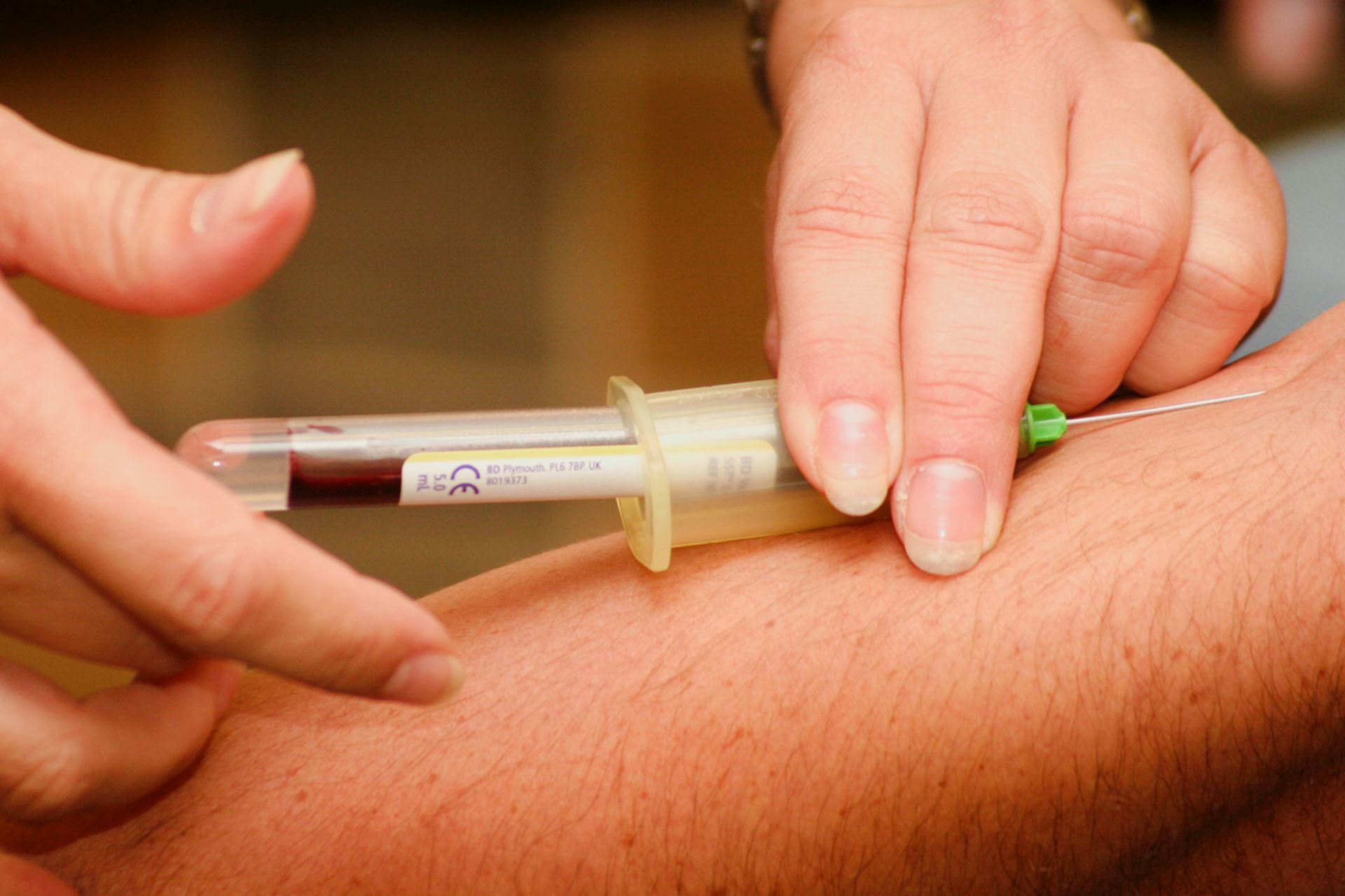Test Results
Phlebotomy Clinics
Phlebotomy clinics are scheduled at the following times with our phlebotomist, Liz Blanchard:
- Monday 08:30 – 12:30
- Wednesday 08:30 – 12:30
- Thursday 08:30 – 12:30
A blood test is when a sample of blood is taken for testing in a laboratory. Blood tests have a wide range of uses and are one of the most common types of medical test. For example, a blood test can be used to:
- assess your general state of health
- confirm the presence of a bacterial or viral infection
- see how well certain organs, such as the liver and kidneys, are functioning
A blood test usually involves the phlebotomist taking a blood sample from a blood vessel in your arm and the usual place for a sample is the inside of the elbow or wrist, where the veins are relatively close to the surface. Blood samples from children are most commonly taken from the back of the hand. The childs hand will be anaesthetised (numbed) with a special cream before the sample is taken.
You can find out more about blood tests, their purpose and the way they are performed on the NHS Choices website.

Results of Tests and Investigations
We only receive results for tests organised by the surgery.
Where possible we will be trying to streamline results by giving normal results by text message. If you wish to discuss your results and how they relate to your medication or condition then please submit an Anima request with the GP that has organised them.
Please allow 7 days for blood test results and 14 days for x-ray results.
Cervical Smear Results
The result can take up to 10 weeks. Routine smear results will be posted to you and will also be visible on the NHS App. If you do not receive them by 10 weeks please telephone the surgery for confirmation that the result has been received.

Online Test Results
Please Telephone the surgery before 12.00 for any test results.
Page created: 27 December 2023